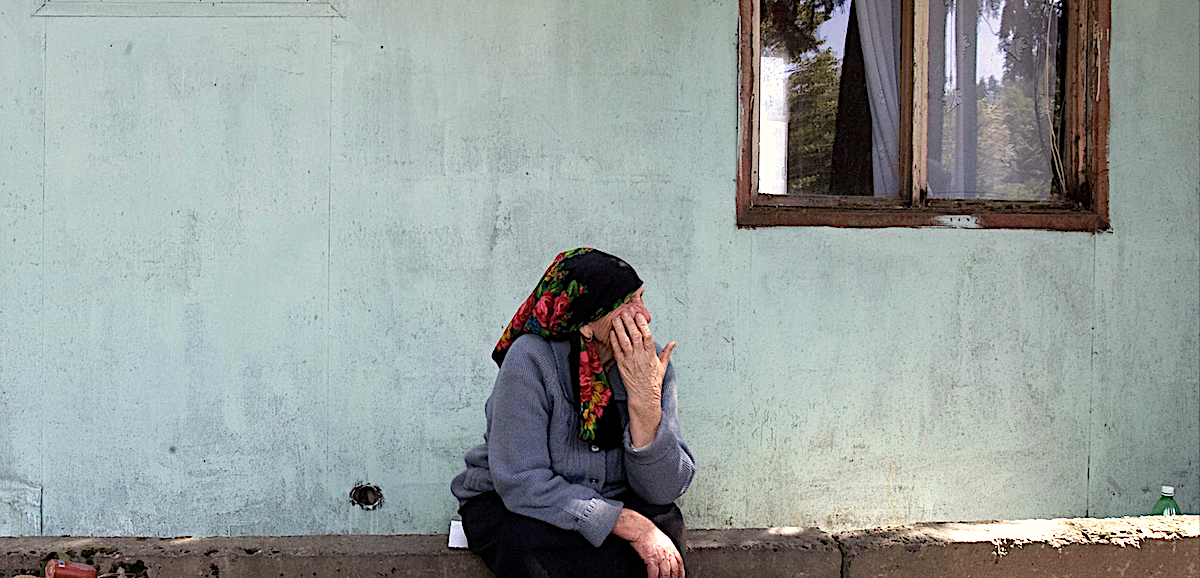Seven states urge Russia to withdraw recognition of Abkhazia and South Ossetia
Seven states urge Russia to withdraw troops from Abkhazia and S. Ossetia
Seven western countries signed a joint statement calling on Russia to withdraw the recognition of South Ossetia and Abkhazia and to immediately remove its troops from there. USA, France, Great Britain, Norway, Ireland, Estonia, and Albania have appealed to Russia to withdraw the recognition of South Ossetia and Abkhazia.
They condemned the presence of the Russian military contingent in the territories of Abkhazia and South Ossetia and declared the need for a peaceful settlement of the conflict between Moscow and Tbilisi. The joint statement is timed to coincide with the anniversary of the events of 2008, which follows from a statement published on August 4 on the website of the French permanent mission to the UN in New York.
“We once again call on the Russian Federation […] to immediately withdraw its armed forces and to cancel the recognition of the so-called independence of Abkhazia and South Ossetia, which are both parts of Georgia’s territory”, the Caucasian Knot quoted the statement.
According to the authors of the statement, “Russia’s actions clearly violate international law”.
“We recall the decision of the Grand Chamber of the European Court of Human Rights of January 21, 2021, which stated that by exercising effective control over […] Abkhazia and South Ossetia, Russia is responsible for serious human rights violations, including the killing of civilians. torture of prisoners of war, inhuman and degrading treatment, preventing the return of Georgians to their homes, and lack of investigations into human rights violations”, the document says.
The authors of the statement also expressed concern that “over the past few years, no international human rights monitoring mechanism has been granted unrestricted access to the regions of Abkhazia and South Ossetia”.

Brief history of Georgian-Ossetian conflict
The case “Georgia v. Russia” is connected with the war over South Ossetia in August 2008, in which both Georgia and Russia participated. These events were called the “August, or five-day war.” From the Georgian side, 412 military and civilians were killed, from the Ossetian side – 365 military and civilians. According to official Russian figures, 67 Russian soldiers were also killed. About 20,000 residents of Georgian villages on the territory of South Ossetia became internally displaced persons.
The August War of 2008 was the first war in Europe in the 21st century.
South Ossetia during the Soviet Union was an autonomous region within Georgia. The modern history of the Georgian-South Ossetian conflict dates back to the collapse of the Soviet Union in the late 1980s. South Ossetia wanted independence, Georgia, in response, abolished its status of an autonomous region altogether and included Shida Kartli in the region.
The first armed confrontation and the first casualties were recorded in November-December 1989. Active hostilities took place in 1991-1992 and ended in 1992 with the signing of the Dagomys agreements, which obliged the parties to cease fire and withdraw the troops from the contact zone. The Russian Federation also undertook then to withdraw its military units from the territory of South Ossetia.
During the armed phase of the conflict, according to various sources, up to 10,000 people died on both sides, up to 100,000 people became refugees and IDPs.
Control over the observance of the peace agreement was entrusted to the Joint Control Commission and the tripartite Joint Peacekeeping Forces – Georgian, South Ossetian, and Russian battalions under the command of the Russian military.
Until August 2008, the conflict was considered “frozen”. After a five-day war over South Ossetia in August 2008 between Georgia and Russia, Moscow recognized South Ossetia as an independent country. Diplomatic relations between Moscow and Tbilisi were severed.
South Ossetia is building its life as an independent republic, which, however, is recognized only by Russia and several other countries of the “third world”. Most in the international community regard it as a separatist region of Georgia.




















